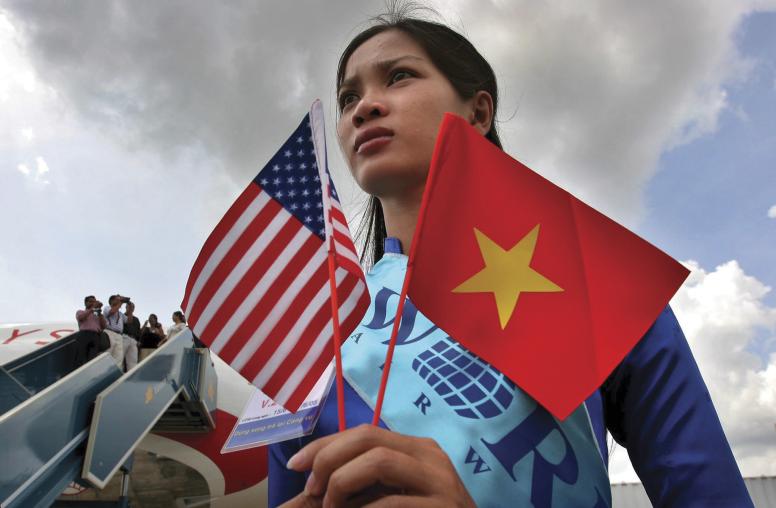Reconciliation in Practice
Reconciliation projects face two critical challenges: the situation on the ground in postconflict settings and the gap between reconciliation theory and practice. If the society is to transition successfully to a new path forward, the critical knowledge gap must first be closed. The first step is assessing work recently completed or now in progress. How do organizations even define reconciliation? What activities are being undertaken to that end? What theories underpin intervention strategies? How do organizations measure success? This report answers these questions and points the way forward.
Summary
- Reconciliation projects can be loosely organized into ten overlapping intervention strategies. Related activities are associated with particular groups of participants, intended beneficiaries, objectives, and underlying theories of change. In general, practices draw heavily on contact theory.
- Operationalizing the definition of the word reconciliation and commonly associated terms, such as trust, social cohesion, and social harmony, would be a tremendous gain in monitoring and evaluating reconciliation projects.
- Indicators used to measure reconciliation are generally weak. Those related to personal or institutional change would especially benefit from more development. Relatively stronger indicators, typically used by larger and more established organizations, are not being adopted on a wider scale. Concerted efforts to disseminate existing evaluation tools would contribute significantly to the field.
- How information is transferred between stakeholders receives little if any evaluation attention. Organizations instead focus primarily on what messages are being delivered, not on how the consumers of this information are understanding and reacting to these messages.
- Evaluators rarely explicitly name their working assumptions and, a few projects aside, do not test the validity of these assumptions. Furthermore, many of the evaluations have some (possibly a significant) selection bias, but in general do not account for potential data distortions in analyses.
- Most intervention strategies focused on early-stage reconciliation. This could point to a lack of funding for medium- to long-run practices or to unclear distinctions between short- and long-run strategies. A strong but unstated and unproven assumption in the field is that negative peace is an acceptable indicator of reconciliation and that, with time, reconciliation will naturally progress to positive peace.
About the Report
This report addresses a critical knowledge gap between reconciliation theory and practice in postconflict settings. Spearheaded by the Center for Applied Research on Conflict at the United States Institute of Peace (USIP), the larger project goal is to map reconciliation practices to better understand how reconciliation is conceived, what activities are being undertaken to promote reconciliation, what theories of change these choices imply, and how these practices are being evaluated.
About the Author
As a former research consultant for USIP’s Center for Applied Research on Conflict, Kelly McKone focused on how practice connects to theory in reconciliation programming worldwide. She holds a master’s degree in international politics from American University.



